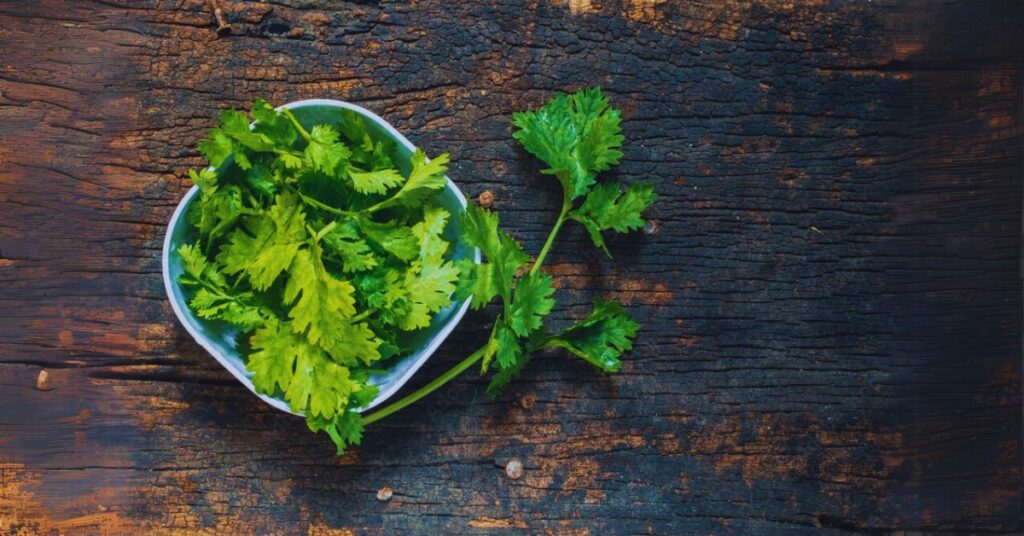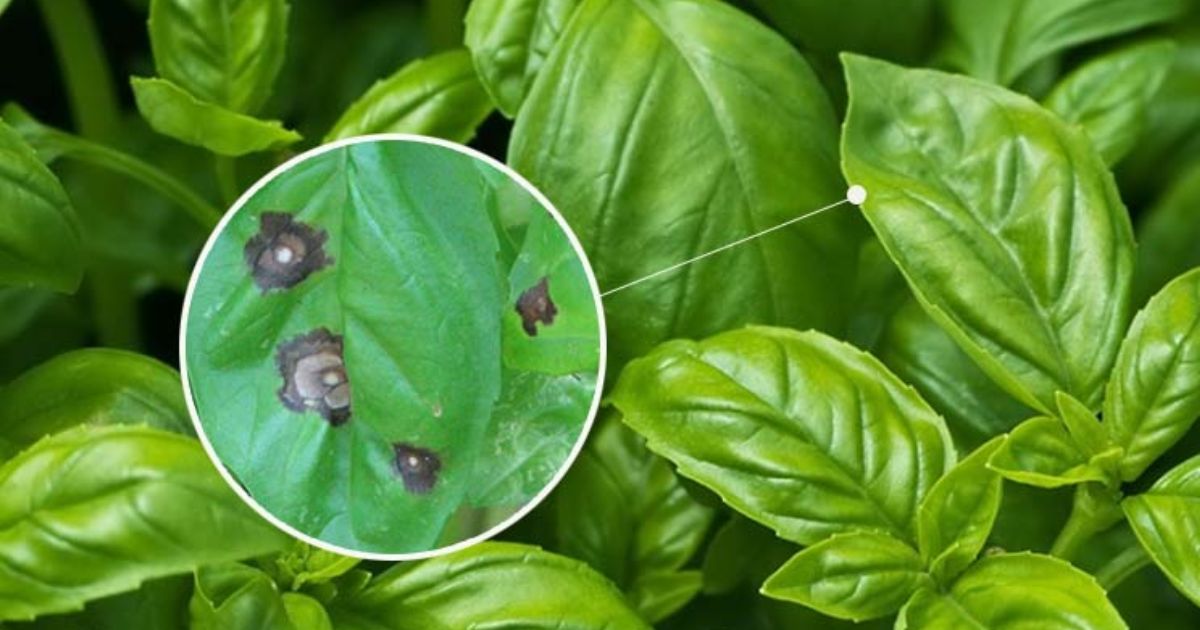Freeze parsley cilantro chives herbs, vibrant flavors to your cooking, but they often wilt before you can use them all. Freezing is an excellent way to preserve their freshness and reduce waste. Whether you’re a seasoned cook or a beginner, learning to freeze Parsley, cilantro, chives, and other herbs will save you time and money while ensuring you always have fresh ingredients.
Why Freeze Fresh Herbs?
Once you try it, freezing fresh herbs is a huge game-changer, even though it might seem superfluous.
- Save money: You can save cash on herbs that might be out of season by buying a ton in season and freezing it for later!
- Avoid food waste: You’ll cut down on food scrap after potentially buying a too-big bundle of herbs.
- Speed up prep time: Making a recipe that needs fresh herbs? Toss in one of these frozen herb cubes, cook, and enjoy!
How to Freeze Parsley?
Parsley is one of the most versatile herbs, from garnishes to soups. Here’s Can you freeze Parsley effectively:
- Wash and Dry: Rinse the Parsley under cold water to remove dirt. Pat dry with a report towel or use a salad spinner to remove excess moisture.
- Chop or Leave Whole: Decide if you want to freeze Parsley leaves whole or chop them for convenience.
- Use Freezer Bags or Ice Cube Trays:
- Freezer Bags: Spread the Parsley in a single layer, remove excess air, and seal the bag.
- Ice Cube Trays: Chop the Parsley and pack it into an ice cube tray, covering it with water or olive oil before freezing.
When you need Parsley, remove what you need and add it directly to your dish—no thawing required.
How to Freeze Cilantro?

Cilantro, known as coriander leaves, adds a citrusy punch to many cuisines. Freezing cilantro is similar to freezing Parsley:
- Clean and Dry: Wash the cilantro thoroughly and pat it dry.
- Chop Finely: Since cilantro is often used as a garnish, chopping it before freezing is a good idea.
- Pack in Small Portions:
- Use ice cube trays filled with chopped cilantro and water.
- Alternatively, freeze small portions in resealable bags.
Pro Tip: Cilantro can also be blended with water or oil to make a paste, which you can freeze in small portions for recipes.
How to Freeze Coriander?
Chives are delicate herbs with a mild onion flavour, perfect for soups, salads, and baked potatoes. To freeze chives:
- Rinse and Dry: Clean the chives thoroughly and dry them completely to prevent freezer burn.
- Chop: Cut the chives into small pieces, which makes them easier to use later.
- Freeze in Flat Layers: Spread the chopped chives on a baking sheet and freeze them for an hour before moving them to a freezer bag. It prevents clumping.
Freezing chives ensures you can sprinkle them into dishes straight from the freezer.
How to Preserve Fresh Rosemary?
Rosemary is a hardy herb that freezes well. Here’s how to store it:
- Rinse and Dry: Wash the rosemary sprigs and pat them dry.
- Freeze Whole Sprigs: Lay the sprigs flat on a baking sheet and freeze them for a few hours. Then transfer them to a resealable bag.
- To make Rosemary Ice Cubes, Chop rosemary leaves and pack them into an ice cube tray with water or olive oil.
Frozen rosemary sprigs retain their flavour and can be used in recipes like roasted meats and vegetables.
How to Preserve Oregano?
Oregano’s earthy flavour makes it a kitchen staple. Follow these steps to freeze oregano:
- Clean and Dry: Wash the oregano sprigs and pat them dry.
- Freeze Whole or Chopped:
- Freeze the sprigs whole in freezer bags.
- Alternatively, chop the leaves from the stems and freeze them in ice cube trays with water or oil.
Frozen oregano works well in sauces, soups, and recipes using fresh oregano flavours.
How to Freeze Your Fresh Herbs and How to Preserve Parsley in the Freezer?

One excellent method of maintaining your herbs’ flavours and making them convenient for months is to store them flat in the freezer.
I love fresh herbs. I use many herbs in my food, such as chives on eggs, basil on pizzas, dill in yoghurt dressings and sauces, and cilantro on salads. Using fresh herbs is a tried-and-true method of adding flavour while cooking or as a finishing touch. Although I enjoy having a variety of herbs on hand, even when properly preserved, they don’t keep well in the refrigerator. However, the freezer can help with that.
Now is the time to stock your freezer with herbs so you may use them in dishes for months. It is beneficial if you have an overflowing herb garden. When Kenji Lopez-Alt experimented with many methods to determine the best way to keep herbs in the freezer, he came up with my go-to approach for freezing fresh herbs. Kenji discovered that the best technique to minimize freezer burn and shorten the melting time when cooking with herbs is to freeze them in oil, though you may also freeze them in water or even just as is.
Herbs can also be frozen with oil in ice cube trays, although freezing them flat in zipper-lock bags is a superior option. With this procedure, you may easily store the herbs and chop off the precise amount you need at any time. Simple Solutions Fixes For Leggy Seedlings
What Herbs can I Freeze?
The attractiveness of this tutorial is that you can freeze any herb! Try it out with:
- Basil
- Rosemary
- Mint
- Dill
- Oregano
- Sage
- Chives
- Thyme
- Cilantro
How do you Store Fresh Oregano: A Step-by-step Tutorial?

Let’s get started! I’ve outlined seven straightforward procedures for freezing fresh herbs and some delectable uses.
Step 1: Wash your fresh herbs and pat them dry with a towel.
Step 2: Cut the herb leaves off your sprig to the desired size for your cooking (don’t forget to cut off the stem!).
Step 3: Add chopped nuts to each part of a silicone ice cube tray approximately ⅔ of the way.
Why use a silicone ice tray? Removing your herb oil cubes from the silicone ice tray without them fracturing or cracking is much simpler than using plastic. It’s also much simpler to clean for later usage!
Step 4: Serve the ice cube tray with avocado or olive oil in each quadrant. Don’t overfill; if you like, you can measure by the tablespoons. Gently push the herbs down until they are thoroughly covered in oil.
Can water be substituted for oil? Yes! Feel free to freeze the herbs in water if you want to use them as a garnish or in a cold preparation, such as a salad or cocktail, rather than cooking them.
Step 5: Freeze the ice cube tray for at least 3 hours until ice cubes form.
Step 6: Move the herb ice cubes to an airtight container/reusable freezer bag and properly close it. Feel free to label and store different herbs in different bags to ensure you know what’s what!
Step 7: When ready to use, add oil and fresh herbs to a heated pan. Then, insert one of the herb ice cubes in the pan and prepare your meal as usual. It creates an amazing, simple spaghetti sauce!
Alternatively, defrost the herb oil cube and use it in marinades and sauces!
At this stage, you should defrost the frozen herb cube and utilize the herbs as instructed in the cold recipe if you have frozen them in water.
Ways to use Frozen Herbs
- As a component in a sauce, stew, or soup;
- Especially with pesto cubes as a garnish for stews and soups;
- Once more with pestos, which can be spread over bread or crackers, served as appetizers, or used in other ways to complement a dinner;
- To add flavor to a sandwich or egg dish (I especially enjoy them in omelets and frittatas).
- In contrast to fresh, plain frozen herb leaves can be limp when used as a salad garnish, but I frequently include them in the dressing to add some zing.
General Tips for Freezing Herbs
To ensure success when freezing Parsley, cilantro, chives, and other herbs:
- Label Everything: Always label bags or containers with the herb’s name and freezing date.
- Avoid Freezer Burn: Fire as much air as feasible from freezer bags to prevent freezer burn.
- Use Within Six Months: While frozen herbs last longer, their flavor is best within six months.
Recipes Fresh Oregano
Frozen herbs are perfect for many dishes. Here are some ideas:
- Soups and Stews: Add frozen Parsley or cilantro to chicken soup, vegetable stew, or chilli.
- Pasta Sauces: Use frozen oregano and Parsley in marinara or Alfredo sauces.
- Egg Dishes: Sprinkle frozen chives over scrambled eggs or frittatas.
- Smoothies: Blend frozen cilantro with fruit for a refreshing twist.
Having frozen herbs on hand makes cooking flavorful meals quicker and easier.
Benefits of Freezing Herbs
Freezing herbs offers several advantages:
- Minimized Waste: Preserve leftover herbs instead of throwing them away.
- Convenience: Save time by having prepped herbs ready to use.
- Year-Round Availability: Enjoy seasonal herbs even when they’re out of season.
Learning how to store oregano, Parsley, cilantro, and chives can elevate your cooking and reduce food waste.
Conclusion
Freezing herbs like Parsley, cilantro, chives, and rosemary is a simple yet effective way to preserve their freshness. With minimal effort, you can enjoy these herbs year-round, adding vibrant flavours to your favourite recipes. Start freezing herbs today and transform your culinary experience.





